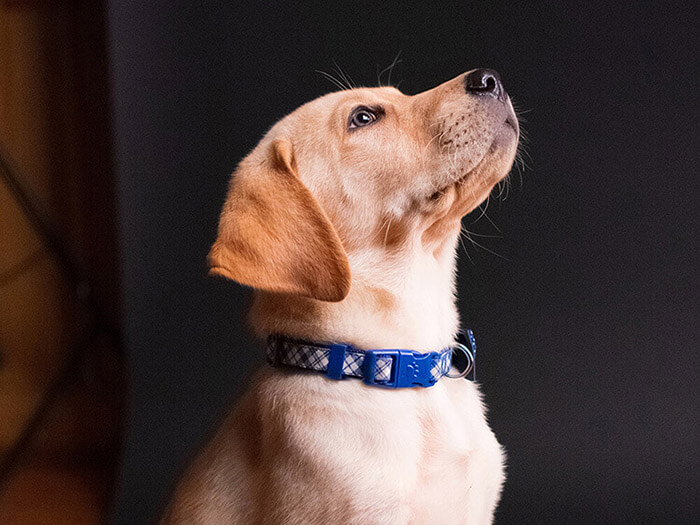

Preparing for Surgery
Undergoing a surgical procedure is often unpleasant, and can still be the case when we aren’t even the ones undergoing the surgery! We understand how much your pet means to you and why spay and neuter can be an unnerving time. While getting your pets spayed or neutered is a common set of procedures (which prevents pregnancies in cats and dogs), it can still bring with it anxiety, especially during the after-care steps.
Spaying is the surgical removal of the ovaries (and sometimes the uterus) in female cats and dogs, while neutering is the surgical removal of the testicles in male cats and dogs. In addition to these procedures preventing pregnancies, they can also improve behavioral problems and decrease the chance of various health problems.
No Two Animals Are the Same:
While spay and neuter is the absolute best choice for some dogs, it isn’t the best for all. Some larger dogs, such as German Shepherds and Golden Retrievers, can experience more complications once their sex hormones are removed. At Pets in Stitches, we offer Alternative Surgical Sterilization (ovary sparing spay and vasectomy) if you feel that a traditional route wouldn’t serve your pet best.
Arguably the most critical part of these surgeries is the post-op care that follows, which is why today’s blog is dedicated to setting you up for success when it comes to taking care of your pet after surgery.
What to Expect After Surgery
After picking up your pet from surgery, they’re almost guaranteed to still be “out of it.” Here are some things to expect post-operation:
Grogginess: It isn’t uncommon to notice your pet acting a little extra tired the night after their surgery. However, if your pet is acting incredibly drowsy and is unresponsive to your voice or touch, we recommend contacting us or animal ER immediately.
Monitoring: While your pet heals, you’ll need to keep an eye on them throughout the day. Contact us if you notice them being lethargic, vomiting, having diarrhea, or anything else you feel is out of the ordinary.
Spay & Neuter Post-Op 101
While every pet’s recovery time depends on the type of surgery they had and their age and overall health, we find that the below instructions and tips are helpful regardless of any other factors in ensuring that your pet is taken care of and loved after surgery!
Medications: Follow our guidance when it comes to medication administration after surgery. Do not attempt to increase or decrease the recommended dosage, give your pet home-made remedies, or substitute your pet’s medication with human medication unless you’ve discussed it with our veterinarian.
Restrict Your Pet’s Activity: Decreasing your pet’s activity is crucial to proper healing. We recommend limiting your animal’s activity for 7 days post-operation, so as to make sure the wound has time to fully close and heal. It’s also important to make sure your pet has a warm, dry, and comfy spot to rest during this time. If your dog is struggling with tolerating postoperative confinement, let us know! We can dispense anti-anxiety medication to help.
Surgical Site Care: Make sure to check your pet’s incision site daily for at least 7 days post-operation. Any signs of redness, swelling, or drainage should be reported to us. It’s also important to prevent your pet from licking or chewing their incision site. Dogs are released from surgery with a postoperative collar or body suit to prevent this. If it does not prevent incision damage, contact us. If a cat starts to pay excessive incision attention, they might need a post-surgical collar.
No Baths or Swimming: Don’t bathe your pet or let them swim until their stitches or staples have been removed, if present, and our veterinarian has cleared you to do so. If no visible staples were placed, wait at least 10–14 days until the skin incision is fully healed before bathing or swimming.
Even the most laidback pet can get bored quickly during the postoperative confinement period. Making sure your pet gets plenty of attention and providing safe activities can reduce boredom and help to prevent them from licking or chewing on the surgery site. Consider the use of food puzzles, treat-filled kongs, or chew toys during the recovery period. Here’s to a quickly healed pet!